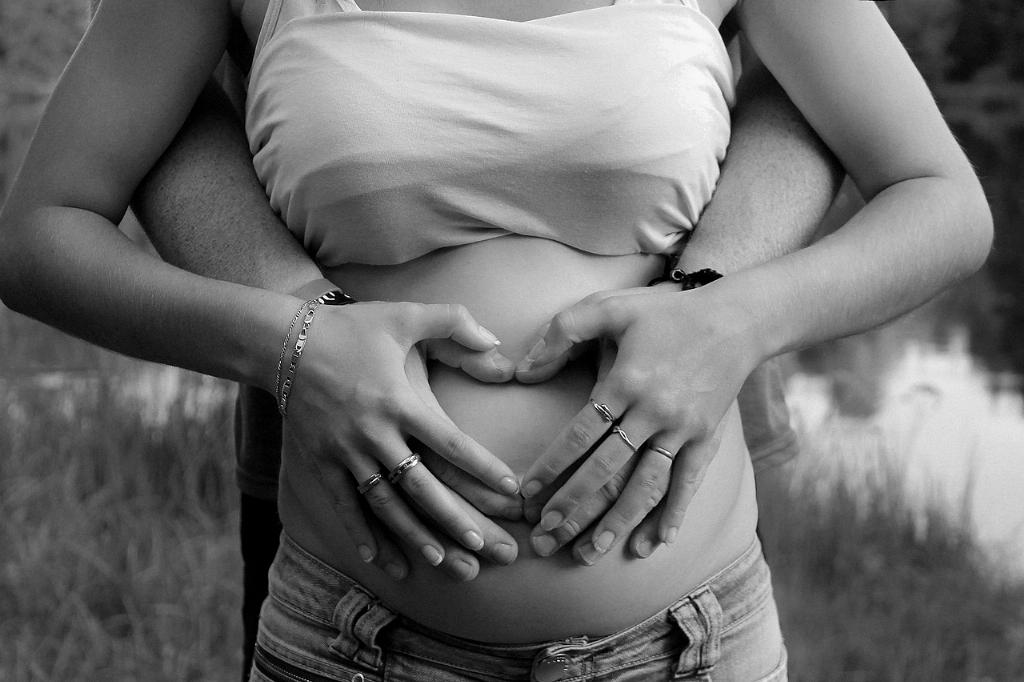When discussing the postpartum period, it is essential to note that it encompasses far more than just the moments immediately following childbirth. In fact, there are two distinct phases that define the postpartum journey – the initial or acute period and the subacute postpartum period.
The Initial or Acute Postpartum Period
The initial or acute postpartum period refers to the first 6-12 hours following childbirth. This phase is characterized by rapid physiological changes and can sometimes present immediate challenges such as postpartum hemorrhage, uterine inversion, amniotic fluid embolism, and eclampsia.
The Subacute Postpartum Period
Following the initial phase, the subacute postpartum period sets in and typically spans a duration of 2-6 weeks. During this time, new mothers continue to undergo significant physical and emotional adjustments as their bodies recover from the rigors of pregnancy and childbirth.
Physical Recovery
Physically, the postpartum period involves the gradual healing of the body, including the shrinking of the uterus, the repair of any tears or incisions sustained during labor, and the adjustment of hormonal levels back to pre-pregnancy states.
Psychological Changes
Moreover, the postpartum period is also marked by profound psychological changes as women navigate the challenges of motherhood, bonding with their newborns, and managing potential stressors that can arise during this delicate period.
Support and Care
It is crucial during this time for new mothers to receive adequate support and care from healthcare providers, family members, and friends. This support network plays a pivotal role in ensuring the well-being and recovery of both the mother and the newborn.
Postpartum Symptoms
Common postpartum symptoms that women may experience include mood swings, fatigue, breast engorgement, vaginal discharge (lochia), and in some cases, postpartum depression. It is essential for women to communicate any concerning symptoms to their healthcare provider.
Recovery Timeline
While the general timeline for the postpartum period is considered to be around six weeks, it is important to remember that every woman’s journey is unique. Some may recover more quickly, while others may require more time and support.
Self-Care Practices
In addition to medical care, self-care practices such as adequate rest, healthy nutrition, gentle exercise, and emotional self-care can significantly aid in the postpartum recovery process and promote overall well-being.
Long-Term Impact
The postpartum period, although temporary, can have long-term implications on a woman’s physical and mental health. Prioritizing self-care during this time sets the foundation for a healthy recovery and overall wellness in the months and years to come.
Conclusion
In conclusion, the postpartum period extends well beyond the immediate hours following childbirth, encompassing both physical and emotional adjustments over a span of weeks. Understanding the complexities of this period and prioritizing self-care and support are crucial for a smooth transition into motherhood.

